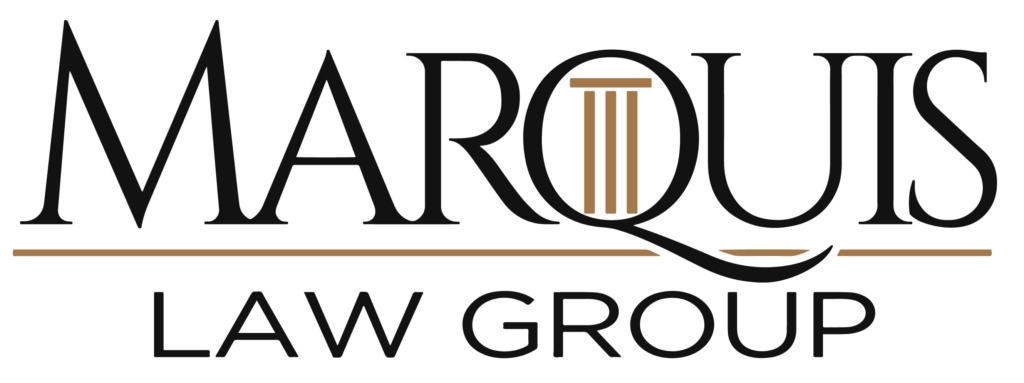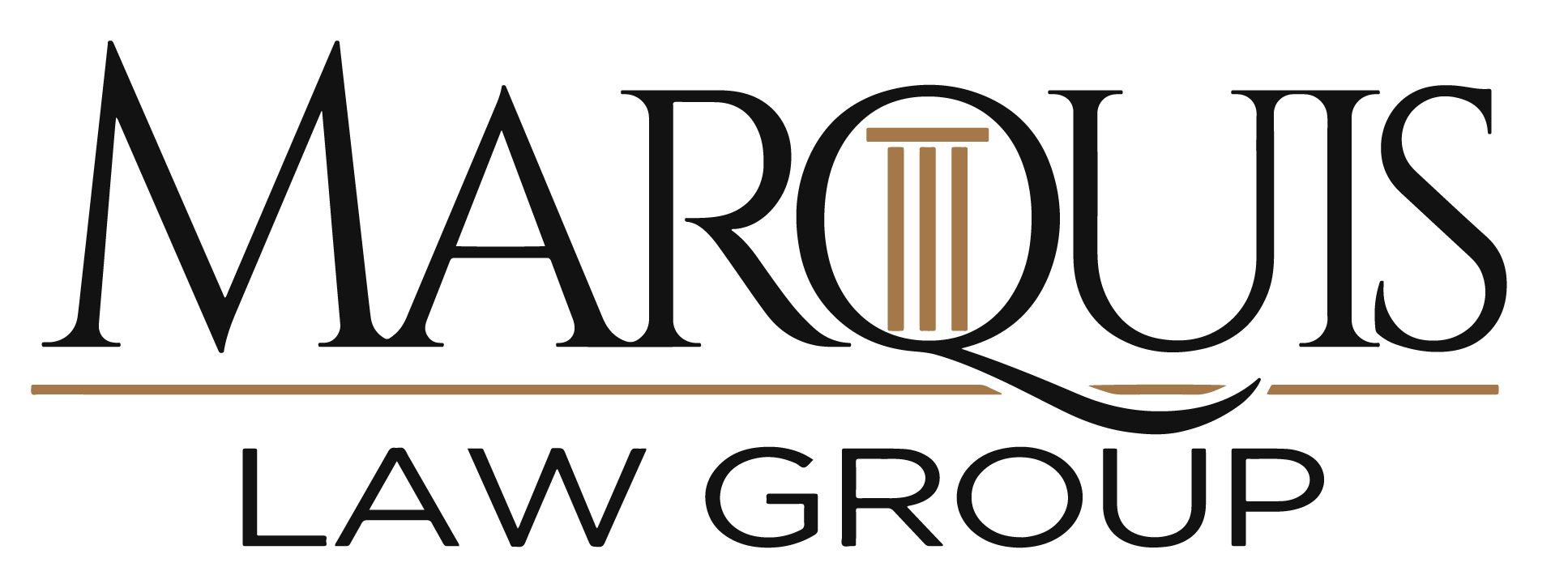An adoption is a joyful event. One blogger aptly describes it as “the happy side of family law.” It means providing a permanent and loving home for kids, allowing them to become full legal members of their new family. But as anyone who has been through the process will confirm, the adoption process has its share of complexities, headaches, and bureaucracy. Just like marriage and divorce, adoption is a legal process that goes through your local court system. That’s why it’s essential to have an experienced family law attorney to guide you through the process. Your attorney will protect your interests and those of the child you’re adopting, ensuring a smooth and successful outcome.
How Is The Adoption Process Set Up In Virginia?
In Virginia, adoption procedures are laid out in the state code. By law, the Commonwealth has two categories of adoptions: agency adoptions and non-agency adoptions.
Agency adoptions go through local departments of social services and child placement agencies. In this case, a social service department or licensed agency has custody of the child before placement with an adoptive family. The agency has the right to consent to the adoption, so birth parents are not in the picture in the legal proceedings.
Non-agency (or private) adoptions involve children who are not in the custody of an outside agency, so the birth parents are directly involved with the process. Private adoptions must still go through the local court system. Some common categories include:
- The birth parent may place the child directly with an adoptive family with court approval.
- In a stepparent adoption, one parent terminates parental rights, and a stepparent legally adopts the child.
- Close relative adoptions involve adoption by a family member (often a grandparent, aunt, or uncle).
- Adults over 18 can enter into adoptive families, too. Adult adoptions often occur for inheritance reasons or when an individual with a disability or special needs can benefit from a legal adoption by a caregiver.
- Open adoptions allow a biological parent to retain some visitation rights. Birth and adoptive parents set up an open adoption through a legal contract where both parties set up parameters for contact and communication.
What About International Adoptions?
International adoptions by US parents have declined dramatically since the mid-2000s. However, thousands of children still come to the US each year via the adoption process. For the last two decades, US law has allowed adopted children born outside the US to get US citizenship automatically if they meet specific requirements. But international adoption remains a complicated and time-consuming process. Adoptive parents must work through an adoption agency accredited by the US Department of State, and the rules and policies for each country differ widely. If you’re considering international adoption, working with a seasoned family law attorney to help you navigate the ins and outs of the process is a must.
Who Can Adopt In Virginia?
According to the Virginia Department of Social Services, any adult is eligible to adopt. Adoptive parents must be at least 18 years old and can be single, married, divorced, or widowed. The Commonwealth of Virginia does not prevent a person from becoming an adoptive parent because of culture, religion, race, ethnicity, gender, sexual orientation, gender identity or gender expression, marital/civil union, or domestic partnership status. You do not need to be a foster parent to adopt a child. However, according to the DSS, 60 percent of children adopted in Virginia are adopted by their foster parents. Federal law requires background checks and child abuse and neglect registry checks for prospective adoptive parents. Virginia law also bars individuals convicted of certain offenses from adopting. Once you have completed the legal process, your child has the same legal rights as a biological child.
Why Is Having A Lawyer So Important In Navigating The Adoption Process?
Court approval is required for all adoptions, whether or not they go through an agency. Some adoptions are simple and straightforward, while others are more complicated. As with other areas of family law, emotions can run high, and moving through the process professionally is crucial.
Your attorney also plays a vital role in helping you navigate the legal aspects of the process, making sure you complete the paperwork and cover all the bases. Your attorney serves as a resource for any questions you have and reviews adoption agency fees to make sure what you’re paying is fair by industry standards. Finally, your attorney will walk you through the circuit court process to ensure no legal loopholes are left open.
For decades, the Marquis Law Group has helped Northern Virginia families grow through adoption. As state laws have changed with the times, our practice has enthusiastically assisted same-sex couples and single parents in the adoption process. Our team of seasoned family law specialists has also represented birth families in private adoptions and termination of parental rights cases to ensure their interests are protected. Choosing the right family law practice for your adoption allows you to focus on the joy instead of the bureaucracy and move forward as a family.



